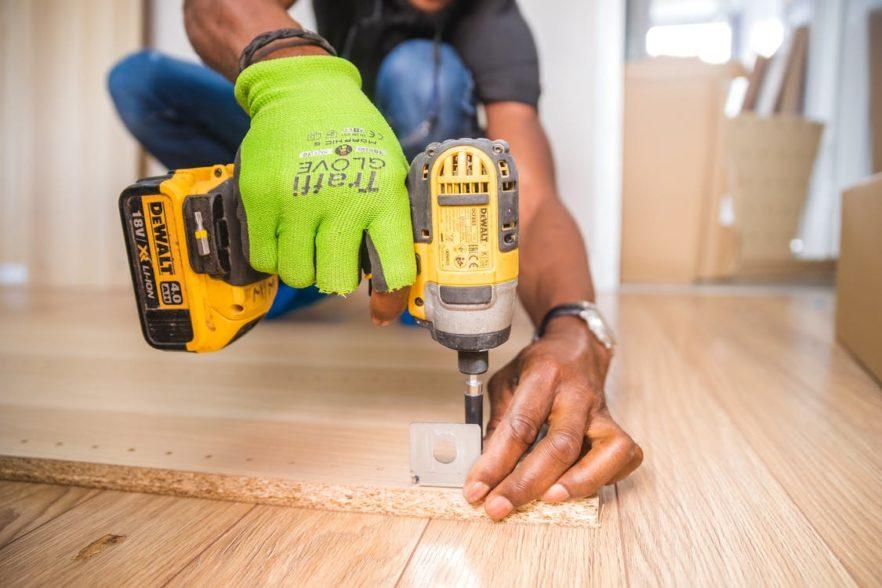Looking to open a new construction business? If you’re already handy with your skills and tools, this could provide a lucrative source of income where you can enjoy the flexibility of being your own boss.
Like any other type of small company ownership, you will have to work hard to earn your clients’ confidence and follow all local and state regulations, which is why it is important to make sure your construction estimating is on point.
Outline Your Business Plan
Write out your business plan. This should include your intended clientele, the financial details, the required equipment and supplies, and your marketing plans.
A business plan is the opportunity to figure out important details and make goals for the future.
When writing your business plan, you’ll want to ask yourself a few important questions:
- Are you working on residential building construction or residential roofing?
- Are you equipped for commercial and industrial construction?
- Do you want to focus on heavy civil construction?
Once you have your business plan written out, print it out on a formal presentation paper.
Decide Where Your Home Base Will Be
A lot of startups in this industry launch in company owner’s home. However, you will eventually need to relocate into an official space to legitimize your business.
Whatever property you decide will act as your home base should have both adequate storage space as well as office space, since you’ll likely have to entertain clients and store tools and equipment on site.
Settle Your Finances
To get things up and running, you’re most likely going to need to lease, rent, or outright purchase vehicles, tools, and other equipment for projects. There’s also going to be bills to pay, billboards to advertise on, and possibly even payrolls to account for.
For some, acquiring the necessary funding may mean applying for a loan. When you go to meet with your banker, make sure to do the following:
- Bring your formal business plan along with you
- Have your points organized so that you can defend why you are creating your business and how you will make it successful
- Discuss the different loan options and compare terms and interest rates
Make it Official
Once you have a solid foundation, you’re ready to get licensed and registered. Check with your local and state government for specific regulations regarding small construction companies. These agencies will be able to tell you whether or not you need bonding to provide construction services within your vicinity.
Apply for an EIN, or Employer Identification Number, from the IRS. Then, apply for a bond by contacting a bonding company. Even if it isn’t required for you to be bonded, it can still benefit you, as it may help to make your customers feel more at ease when hiring you.
Prep Your Tools
Make an inventory list of what equipment and tools you have and what you may need to acquire. If any equipment you have needs a repair, get that servicing out of the way.
Make sure you have the basic tools for construction, including drills and bits, saws, ladders, and carpenters’ levels.
Market Yourself
You’re ready to go – now you just need to build your client base. Advertise your new business using various types of media outlets that you think best applies to your target audience. You can draw in some initial business by offering discounts and deals to your first customers.
Let friends, family, and neighbors know that your company is up and running and ask them to spread the word. The personal word of mouth recommendations can go a long way in encouraging home and business owners alike to trust your services.









